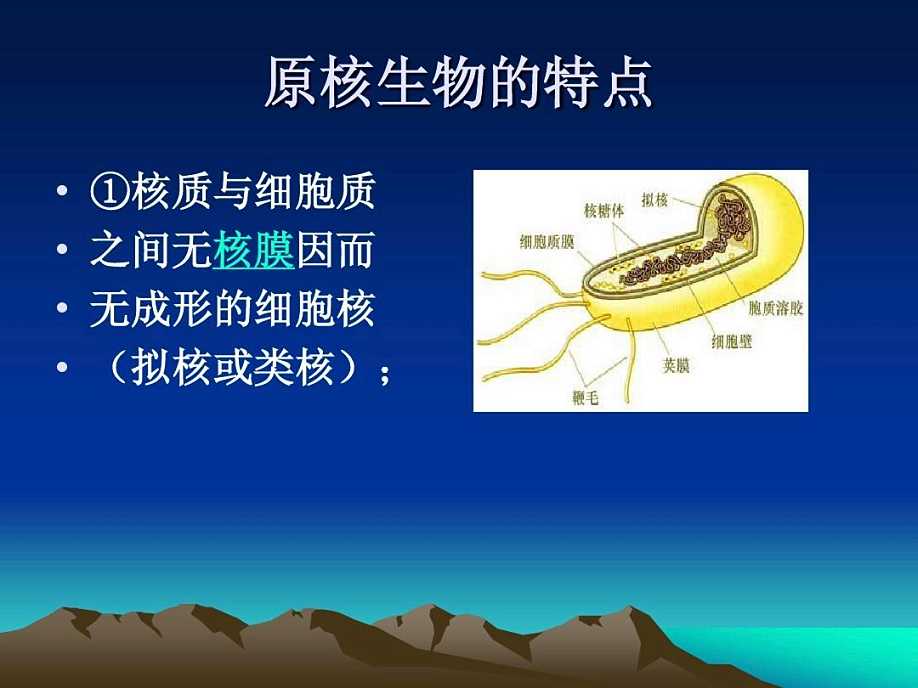(单词翻译:单击)
The specifics of Mayr's criticisms are too technical to need extensive airing here—they involve issues of meiotic sexuality, Hennigian cladification, and controversial interpretations of the genome of Methanobacterium thermoautrophicum, among rather a lot else——but essentially he argues that Woese's arrangement unbalances the tree of life. The bacterial realm, Mayr notes, consists of no more than a few thousand species while the archaean has a mere 175 named specimens, with perhaps a few thousand more to be found—"but hardly more than that."
迈尔的评论的具体内容提要技术性很强——其中包括什么减数分裂性行为呀,什么亨宁进化枝呀,什么对嗜热碱甲烷杆菌的基因组有争议的解释呀——但从根本上说,他信为沃斯的安排使生命树失去一平衡。迈尔指出,微生物界只由几千种组成,而原始细胞只有175种已经命名的样本,也许还有几千种未被发现——“但不大会多于那个数字”。
By contrast, the eukaryotic realm—that is, the complicated organisms with nucleated cells, like us—numbers already in the millions. For the sake of "the principle of balance," Mayr argues for combining the simple bacterial organisms in a single category, Prokaryota, while placing the more complex and "highly evolved" remainder in the empire Eukaryota, which would stand alongside as an equal. Put another way, he argues for keeping things much as they were before. This division between simple cells and complex cells "is where the great break is in the living world."
而真核细胞界——即像我们这种有具核的细胞的复杂生物——已经多达几百万种。鉴于“平衡原则”,迈尔主张把简单的微生物归于一类,叫做“原核生物”,而把其余比较复杂的、“高度进化的”生物归于“真核生物”,与原核生物处于同等地位。换句话说,他主张大体上维持以前的分类法。简单细胞和复杂细胞的区别在于“生物界的重大突破”。
If Woese's new arrangement teaches us anything it is that life really is various and that most of that variety is small, unicellular, and unfamiliar.
如果说我们从沃斯的新安排中学到了什么,那就是:生命确实是多种多样的,而大多数都是我们所不熟悉的单细胞小生物。


